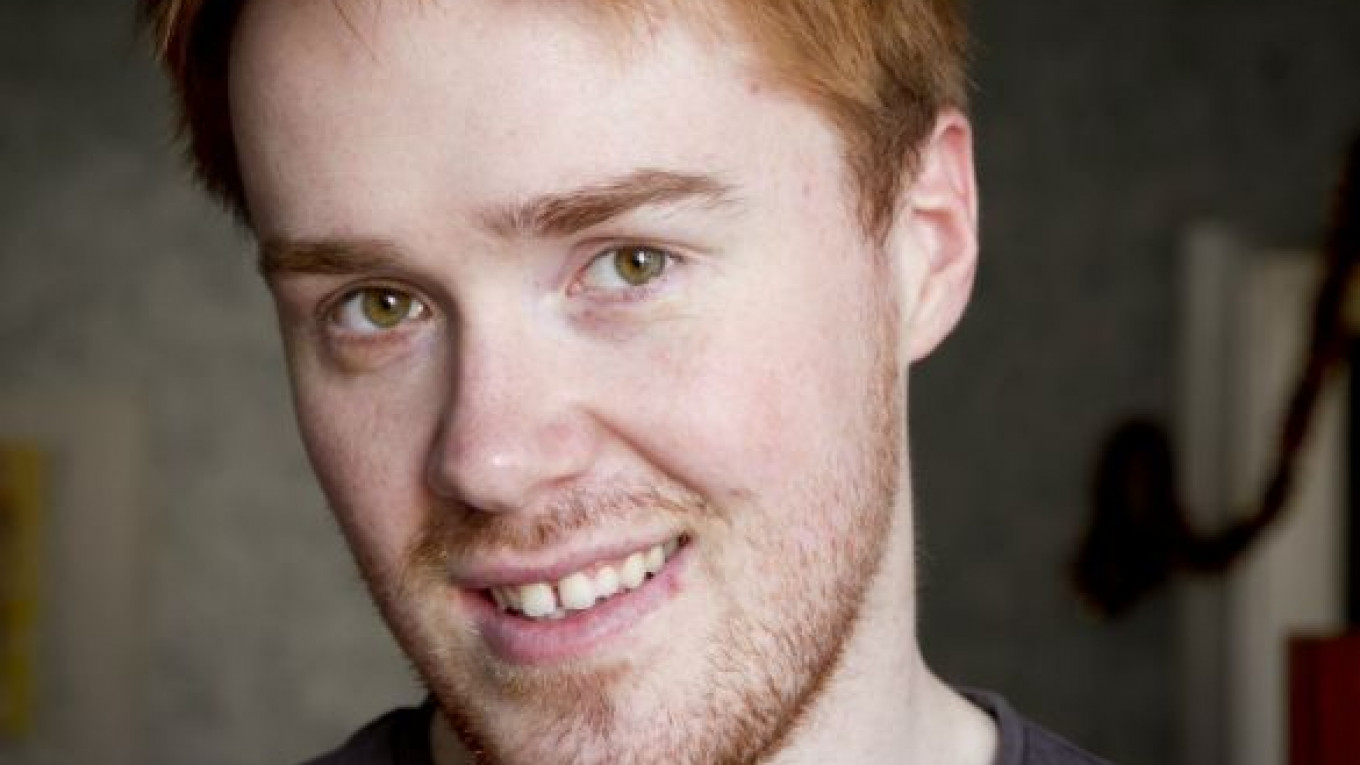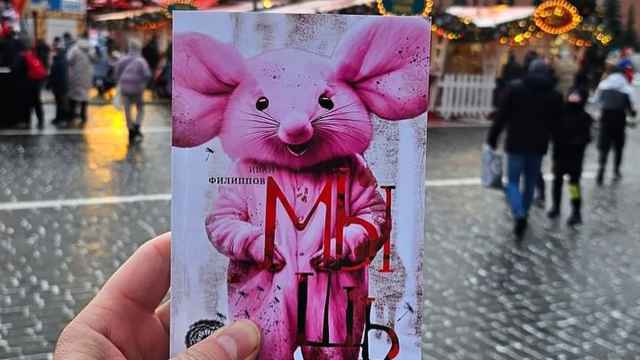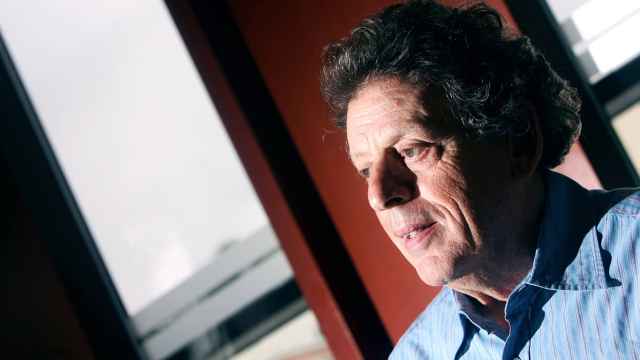Paul Girling, 22, came to Moscow from Scotland six months ago to volunteer as an English teacher at the Institute for Humanitarian Development, a new youth organization based in Moscow. The noncommercial organization offers English, French, Italian and Spanish classes taught by native speakers to Russian students at subsidized prices.
Q: When did you come to Russia and why?
A: I came to Russia in October. I had been doing some volunteering abroad for some time, and then when I saw this opportunity, I thought it was the perfect fit. I'd studied the history of the Soviet Union for quite a long time before.
Q: Why is IHD important for Russian students?
A: The No. 1 reason is largely to connect them with native speakers and to learn to communicate with French, German and Italian speakers directly, which is important to really understand the language.
The language teaching is probably a very small part of it in effect because it goes beyond the classroom. People have invited me to come out to their families and spend time with them. I've spoken to people, and you have these stereotypes and ideas, like what Scottish people and culture are like, but until you actually speak to someone you can never break down these stereotypes.
Q: Can you talk about the Russian-language classes and who runs them?
A: The Russian-language classes are run by interns, normally Russian students aged between 18 and 24, some of whom are studying to teach Russian as a foreign language. They also speak English at a very high level.
Q: How can people participate in the Russian Language Club?
A: You can go to the Ihumd.ru website, and there's a Facebook group as well for the Institute of Humanitarian Development. Within that group there's also a Free Russian Clubs group. The Russian-language club is run every week on Saturday evening at a cafe. These are free.
Institute of Humanitarian Development, , 10/1 3rd Monetchikovsky Pereulok, Moscow, (499) 755-6097.
A Message from The Moscow Times:
Dear readers,
We are facing unprecedented challenges. Russia's Prosecutor General's Office has designated The Moscow Times as an "undesirable" organization, criminalizing our work and putting our staff at risk of prosecution. This follows our earlier unjust labeling as a "foreign agent."
These actions are direct attempts to silence independent journalism in Russia. The authorities claim our work "discredits the decisions of the Russian leadership." We see things differently: we strive to provide accurate, unbiased reporting on Russia.
We, the journalists of The Moscow Times, refuse to be silenced. But to continue our work, we need your help.
Your support, no matter how small, makes a world of difference. If you can, please support us monthly starting from just $2. It's quick to set up, and every contribution makes a significant impact.
By supporting The Moscow Times, you're defending open, independent journalism in the face of repression. Thank you for standing with us.
Remind me later.







